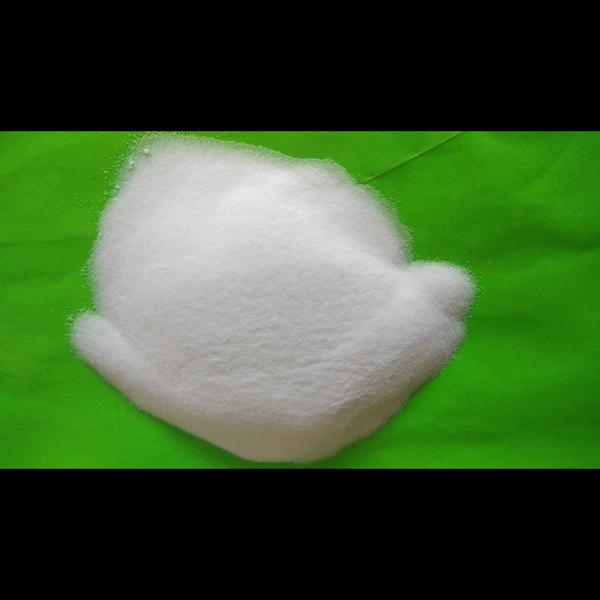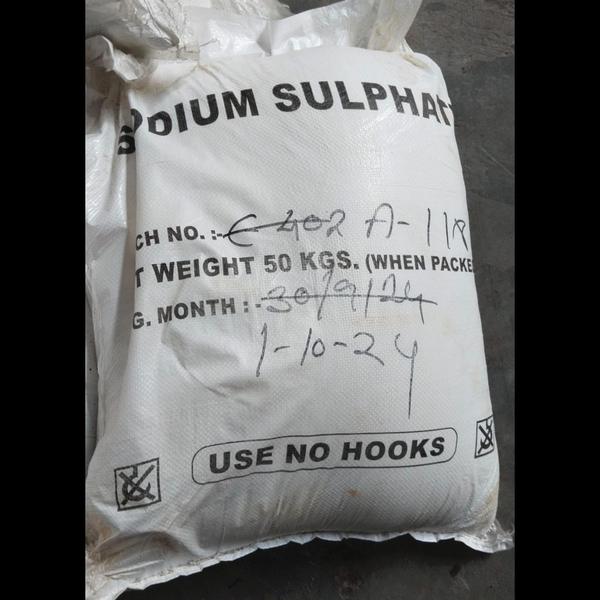India-Turkey Bilateral Relations Amid India-Pakistan Conflict:
🛑 1. Turkey's Traditional Alignment
Turkey has historically supported Pakistan, particularly on the Kashmir issue, often echoing Pakistan’s position in international forums like the UN and OIC (Organisation of Islamic Cooperation).
In case of a full-scale India-Pakistan war, Turkey is likely to politically back Pakistan, especially through diplomatic channels.
⚠️ 2. Diplomatic Tensions
India-Turkey ties could deteriorate further, leading to:
Reduced bilateral trade
Delayed or suspended Turkish investments in India
Possible exclusion of Turkish firms from Indian tenders (especially infrastructure)
🧪 Impact on the Chemical Market of India
🌍 1. Disruption of Import-Export with Turkey
Trade with Turkey in chemicals is modest but not insignificant:
India imports some inorganic chemicals, specialty chemicals, and fertilizers from Turkey.
Turkish markets also receive Indian dyes, pigments, and pharma intermediates.
📉 If diplomatic ties sour or sanctions come into play, both imports and exports of chemicals could slow or halt.
🚢 2. Logistics & Maritime Disruption
A war scenario often disrupts shipping routes and raises freight and insurance costs.
The Suez Canal route, vital for trade with Turkey and Europe, could be affected if regional tensions rise.
Expect supply chain delays and cost escalations in raw materials and intermediates.
🔁 3. Shift in Trade Partners
Indian chemical traders and manufacturers may need to diversify supply chains:
Source intermediates from the EU, Middle East (e.g., Saudi, UAE), or Southeast Asia.
Seek new markets for exports to compensate for a drop in Turkish demand.
🏭 4. Domestic Manufacturing Boost
On the positive side, disruption could push India to:
Accelerate Atmanirbhar Bharat goals in the chemical sector.
Invest more in self-reliance for key raw materials.
Increase government support (subsidies, PLI schemes) for domestic chemical producers.
📉 5. Volatility in Prices
Prices of chemical feedstocks and specialty chemicals could become volatile due to:
Import disruptions from Turkey or nearby regions
Currency fluctuations
Higher freight and insurance costs
🔎 Conclusion: Strategic Implications
Factor Impact
Turkey siding with Pakistan Deterioration in diplomatic & trade ties
Chemical trade Moderate disruption; India is not highly dependent on Turkey
Indian industry reaction Likely to pivot quickly to alternate markets/suppliers
Policy response May include trade restrictions, incentives for domestic industry
1. India's Current Borax Trade Dynamics
📈 Major Sources of Borax for India:
India does not produce borax in significant quantities and is heavily import-dependent. Main suppliers include:
Country Role in Borax Supply
Turkey One of the world's largest producers (Eti Maden – state-owned)
USA Via Rio Tinto (Borax from California)
Chile Secondary global producer
China Some supply but less reliable in recent years
🇹🇷 Turkey supplies over 35–45% of India’s total borax imports, depending on the year.
⚠️ 2. Potential Effects of India–Turkey Tensions on Borax Supply
📉 Supply Disruption
If Turkey politically supports Pakistan or takes hostile diplomatic steps, India might:
Impose import restrictions or sanctions
Shift away from Turkish borax suppliers like Eti Maden
See delays or cancellations of shipments
💸 Price Volatility
Borax prices in India could spike 15–25% in the short term due to:
Reduced Turkish imports
Increased global freight costs (if rerouting is required)
Greater reliance on more expensive US or Chilean sources
🔄 Search for Alternative Suppliers
India would likely:
Increase borax imports from USA and Chile
Seek long-term contracts with other countries or stockpile critical raw materials
Push for domestic production or substitutes (though not feasible in short term)
🧪 3. Impact on Downstream Industries
Industry Borax Use Effect of Disruption
Glass/Ceramics Flux, thermal resistance Cost increase, possible production delays
Fertilizers Micronutrient for boron-deficient soil Higher input cost for agrochemicals
Detergents Cleaning and buffering agent Likely price hikes
Pharma & Biotech Buffer in formulations Limited but high-value impact
Metal processing Flux in welding/smelting Operational cost increase
📦 4. Trade & Policy Strategy for India
To mitigate borax supply risks, India may:
Reduce dependence on Turkey through new trade agreements with USA, Chile, Bolivia
Use FTAs (Free Trade Agreements) with Latin American nations to secure stable borax flow
Offer incentives for domestic boron ore exploration (e.g., in Rajasthan or Ladakh)
Promote R& D in borax alternatives or synthetic substitutes
✅ Summary Table: Impact of India–Turkey Conflict on Borax Trade
Aspect Impact
India–Turkey relations Likely strain in case of India–Pakistan war
Borax trade volume Likely disrupted or restricted
Price Likely to rise due to supply crunch
Alternatives USA, Chile, and stockpiling
Policy response Trade diversification, domestic exploration, FTAs
Keywords
spike 1525
specialty chemicals
sanctions shift
turkey trade
india india
push india
restricted price
indiaturkey conflict
ladakh promote
trade agreements
reduce dependence
formulations limited
buffering agent
domestic production
eti maden
indiaturkey tensions
country role
significant quantities
pivot quickly
highly dependent
prices prices
saudi uae
intermediates 3 shift
raw materials
cost escalations
insurance costs
raises freight
war scenario
pharma intermediates
infrastructure impact
indian tenders
islamic cooperation
oic organisation
international forums
kashmir issue
rise due
volatile due
chemical feedstocks
chemical market
india 1 disruption
borax alternatives
produce borax
import disruptions
pakistan deterioration
turkish firms
borax supply turkey
turkey turkish markets
insignificant india imports
increase borax imports
alternative suppliers india
usa chile bolivia
trade restrictions incentives
turkish borax suppliers
short term due
chemical sector invest
rio tinto borax
impose import restrictions
positive side disruption
politically back pakistan
historically supported pakistan
suspended turkish investments
latin american nations
agrochemicals detergents cleaning
chilean sources search
required greater reliance
southeast asia seek
eu middle east
disrupts shipping routes
diplomatic ties sour
echoing pakistans position



